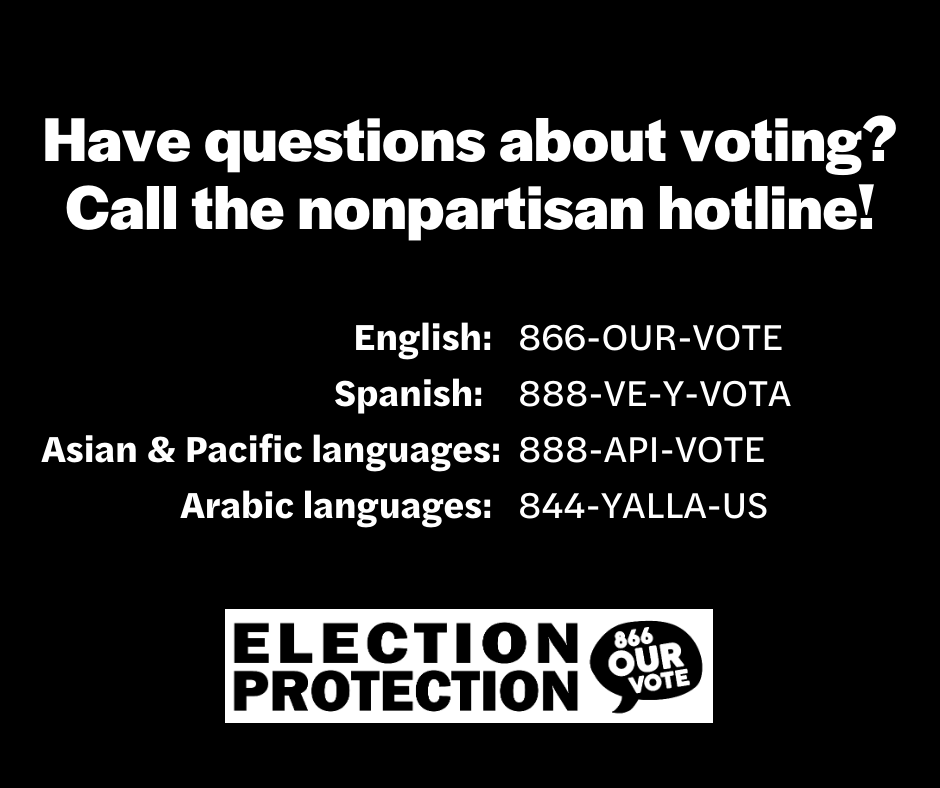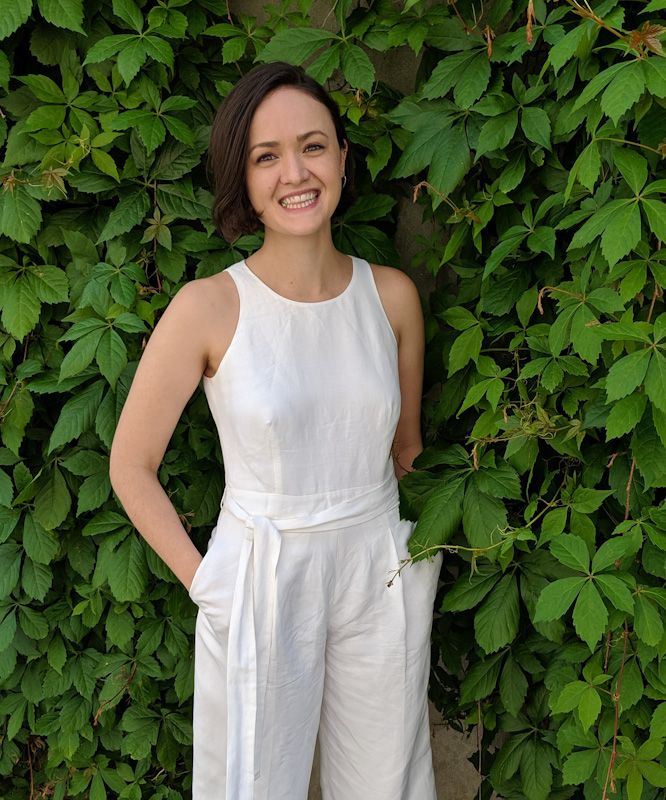“I was right to be skeptical… what had occurred was not normal… and I had rights I could assert to ensure my vote was counted.”
Audrey, a speech language pathologist living in Austin, spent considerable time educating herself on the candidates and the issues she was going to be voting on in the March Texas primary election. Excited to cast her ballot, she left for the poll site at Austin Community College. “It was my first time voting at ACC Highland and although there wasn’t a long wait to vote, the location itself wasn’t all that clearly marked.”
Once inside, a poll worker attempted to check Audrey in using the e-pollbook. “It seemed like there were some technical difficulties,” Audrey recounts, “the poll worker asked for help from another poll worker but still wasn’t sure how to print the ballot. The worker had me show my ID again and sign my name a second time on the iPad.” After some considerable tinkering, Audrey’s ballot was printed and the poll worker sent her to a poll booth.
There was no explanation…
“As I was voting, a poll worker told me to drop my ballot off at the resolution table after I voted, rather than in the ballot box like everyone else. There was no explanation about why I needed to go to the resolution table. I thought everything had been fixed once my ballot had finally been printed.”
After she completed her ballot, Audrey recalls the resolution table poll workers were as confused as she was about why she was sent there, “I was told I had to vote provisionally — with no explanation of what a provisional ballot was — because I had been signed in twice.” In recent years, the Texas Attorney General’s office has doubled down on its attempt to uncover exceedingly rare instances of voter fraud. Had Audrey been flagged as attempting to vote more than one time, she could have been the unfair target of litigation, fines or even jail time, when the mistake came from the election workers and the machines used to check her in.
A 2017 study of non-citizens voting concluded that in all votes cast only 0.0001% justified any further investigation.
The Brennan Center for Justice
Numerous institutions including the Brennan Center for Justice and the Trump administration itself have studied alleged voter fraud. All have concluded that instances of credible voter fraud are statistically insignificant. For instance, a 2017 study of non-citizens voting concluded that in all votes cast only 0.0001 percent justified any further investigation. Read more about these studies here.
Audrey grew increasingly concerned as she continued dealing with the resolution table, “I asked if my ballot was going to be counted and the workers assured me that it would be counted that night. I was skeptical, but left the polling place after placing my vote.” Provisional ballots are used in Texas when there is any problem with verifying a voter’s identity or registration status. In Audrey’s case, she should have been offered a regular ballot.

“I called Common Cause Texas with the Election Protection Hotline,” Audrey says, “the process of using the hotline was easy. They quickly explained to me that I was right to be skeptical, that what had occurred was not normal, and that I had rights I could assert to ensure my vote was counted.”
The hotline volunteer called the County Clerk’s Office for Audrey to resolve the issue. “The County Clerk’s Office called me directly and explained that a Judge’s order would be signed to ensure that my vote counted.” In Texas, provisional ballots are counted at some of the lowest rates in the country. Only between 15-29% of provisional ballots cast from election to election are counted. Audrey was surprised to learn that provisional ballots are not counted if the reason the voter had to vote provisionally is not corrected. “The poll workers did not inform me that I needed to follow up with someone to ensure that my vote had been counted.”
After working with the Election Protection Hotline and the County Clerk’s Office, Audrey’s vote was recorded. She received a letter in the mail about a month later affirming her vote was counted. The Travis County Clerk’s Office also proactively retrained workers assigned to the ACC Highland polling place and issued guidance to prevent other voters from being disenfranchised in the same way Audrey could have been.
“Had I not known about Common Cause’s work with election protection, I would not have known that I needed to take additional measures to ensure my vote was counted.”
